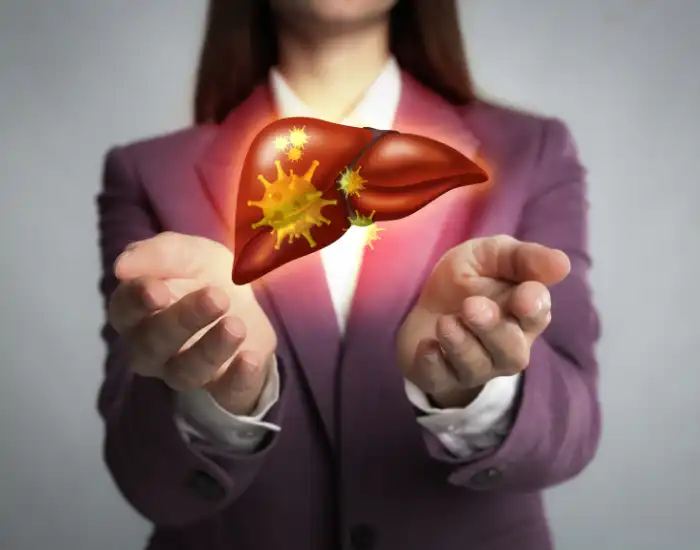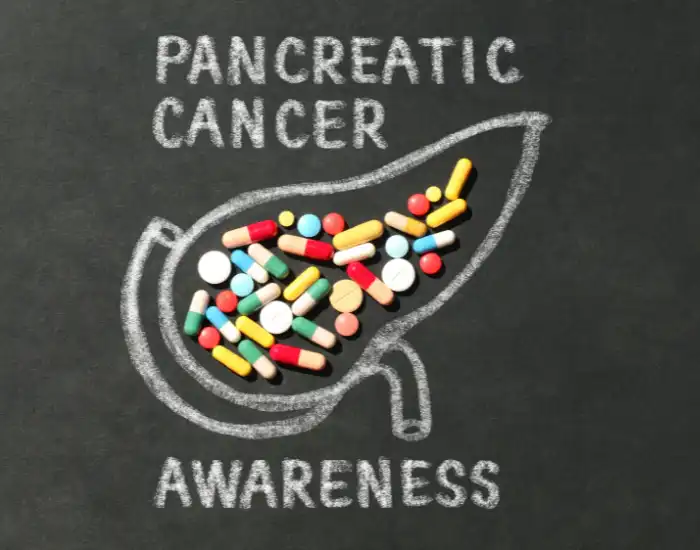Your appendix, a small organ located in the lower right side of your abdomen, doesn’t play a significant role in your daily health. However, when it becomes inflamed, the resulting condition—appendicitis—can quickly escalate into a serious medical emergency. Recognizing the signs of appendicitis is crucial for seeking timely treatment and avoiding severe complications. Here are four key symptoms to watch out for, along with examples and explanations to help you better understand each one.
The Importance of Recognizing Appendicitis Symptoms for Timely Treatment
Recognizing the signs of appendicitis is crucial for seeking timely treatment and avoiding severe complications. Early detection can make all the difference in preventing a ruptured appendix and the potentially life-threatening infections that can follow. By understanding the symptoms and acting quickly, you can ensure prompt medical intervention and a safer recovery process.
1. Sharp Pain in the Lower Right Abdomen
One of the most common and alarming symptoms of appendicitis is sharp pain in the lower right abdomen. This pain typically starts as a mild, dull ache around the belly button but gradually shifts to the lower right side, becoming more intense and localized over time. The pain may worsen when you move, cough, sneeze, or even take deep breaths. Some people describe it as a stabbing or piercing pain that doesn’t go away. For example, if you’re trying to walk and suddenly feel a sharp, stabbing pain in your lower right abdomen that intensifies with each step, this could be a sign of appendicitis. This pain is a red flag that your appendix may be inflamed and requires immediate medical attention to prevent a rupture, which could lead to life-threatening complications.
2. Nausea and Vomiting
Nausea and vomiting are frequent companions of appendicitis, often following the onset of abdominal pain. These symptoms can appear suddenly and may be accompanied by a loss of appetite, leaving you feeling generally unwell. For instance, you might feel fine one moment, and then suddenly experience a wave of nausea after the sharp abdominal pain begins. If you try to eat something and immediately feel the urge to vomit, this could be another indicator that your appendix is in trouble. While nausea and vomiting can be caused by a variety of conditions, when they occur alongside sharp abdominal pain, they are particularly concerning and could signal the need for an appendectomy.
3. Fever and Chills
As appendicitis progresses, your body may respond by developing a fever, usually ranging between 100°F to 101°F. This fever is often accompanied by chills, sweating, and a general feeling of malaise as your body tries to fight off the infection. Imagine that you’re experiencing abdominal pain and suddenly begin to feel hot and cold at the same time, shivering uncontrollably while sweating—this could be your body’s way of alerting you to a serious infection. A rising fever, especially when coupled with sharp abdominal pain and nausea, is a strong indication that you need to seek medical help immediately. Left untreated, the inflamed appendix could burst, leading to a widespread infection known as peritonitis, which can be life-threatening.
4. Changes in Bowel Movements
Appendicitis can also lead to noticeable changes in your bowel habits, such as constipation, diarrhea, or difficulty passing gas. You might experience bloating, a sensation of fullness, or an inability to pass stool or gas, which can increase abdominal discomfort. For example, if you suddenly find yourself unable to pass gas or have a bowel movement, and you feel bloated and uncomfortable, these could be signs of an inflamed appendix. These changes, when combined with sharp pain in the lower right abdomen, nausea, and fever, point to a serious issue that requires immediate medical evaluation. If you notice these symptoms, it’s essential to consult a healthcare professional to determine if appendix removal is necessary to prevent further complications.
Conclusion
Appendicitis is a medical emergency that can quickly become life-threatening if not treated promptly. Understanding the key signs—sharp pain in the lower right abdomen, nausea and vomiting, fever and chills, and changes in bowel movements—can help you recognize when it’s time to seek medical attention. If you experience any combination of these symptoms, it’s crucial to consult a healthcare provider immediately. Early diagnosis and treatment can prevent your appendix from rupturing and ensure a smoother recovery.







